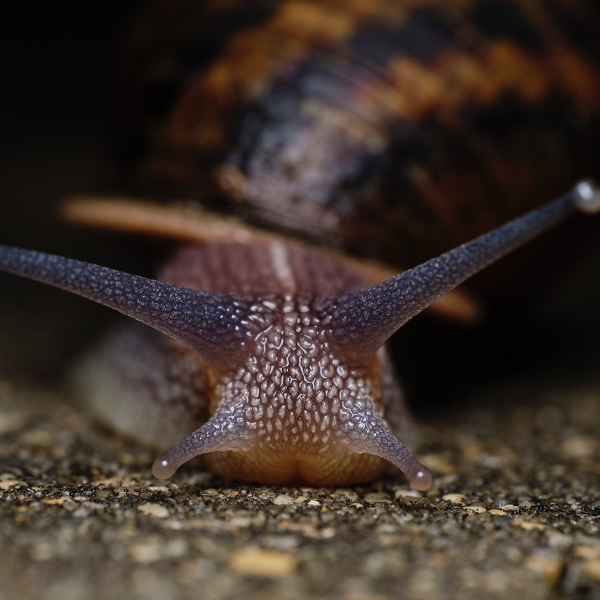Right about now, Australian gardeners are arming themselves with bait, getting ready to stop snails and slugs in their tracks.
While this is one of the most effective ways to take care of these pesky creatures, it’s essential to make sure you’ve got your pets’ safety in mind. Slug and snail bait can be fatal for cats and dogs, and even brands marketed as ‘pet-friendly’ can make animals unwell.
IDENTIFYING SLUG AND SNAIL BAIT
Whether you plan to lay some bait or suspect that someone else has, identify what it is you’re dealing with. There are three primary slug and snail bait types: metaldehyde (green pellets), methiocarb (blue pellets), and iron EDTA (brown/yellow/ red pellets).
Metaldehyde and methiocarb are two of the most toxic varieties. While some contain a bitterant to prevent animals from tasting it, that’s not always enough to deter a curious pet. If swallowed, these types of bait can affect their nervous system and cause death.
Iron EDTA is marketed as pet-safe bait but can lead to vomiting and diarrhoea if eaten in large amounts. The iron can also cause damage to the liver, spleen, brain, kidney, and heart.
IF YOU SUSPECT POISONING
If you think your pet has eaten bait, immediate vet care is essential. If you can, bring the packaging so your veterinarian knows what type it is. Your vet may begin by helping your pet vomit up the pellets. Some cases may require an anaesthetic to have their stomach flushed out and be given an enema. Your pet may also receive IV fluids and medications.
KEEPING YOUR PETS SAFE
If you must use bait, lay it in an area that slugs and snails can access, but your pets can’t. Consider natural pest deterrents instead, like coffee grounds and garlic spray. Slugs and snails like to hide under things such as boards or pots – simply flip these over to remove and dispose of them each morning.
As snail and slug season kicks off, vigilance is essential. If you suspect your pet has ingested any bait, seek emergency vet care.
SIGNS OF SLUG & SNAIL BAIT POISONING IN YOUR PET
- anxiety and panting
- rapid heart rate
- excessive drooling
- muscle tremors, twitching and restlessness
- vomiting and diarrhoea
- seizures



